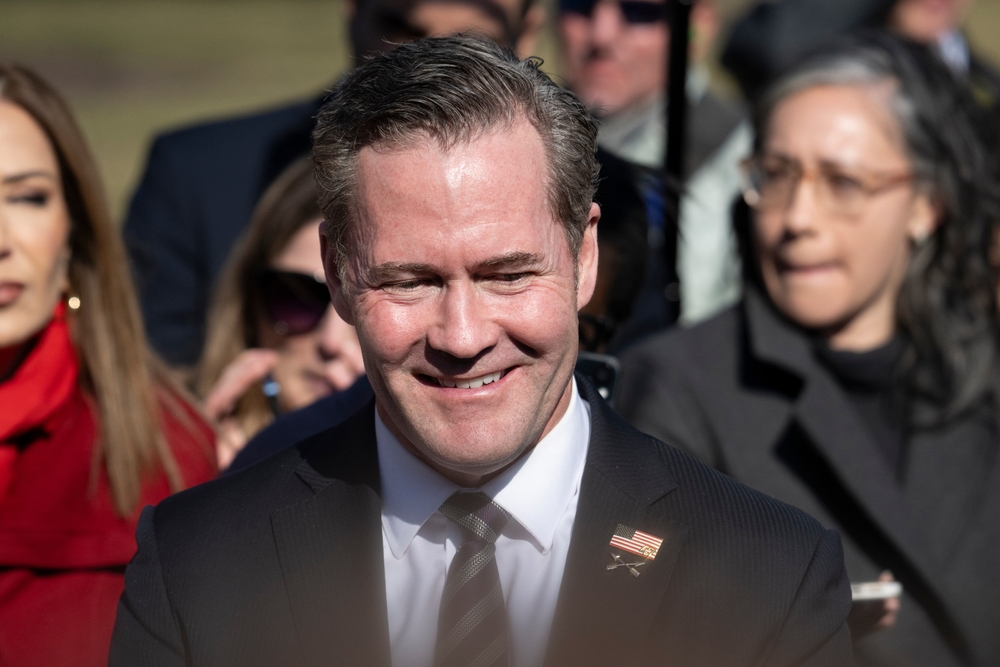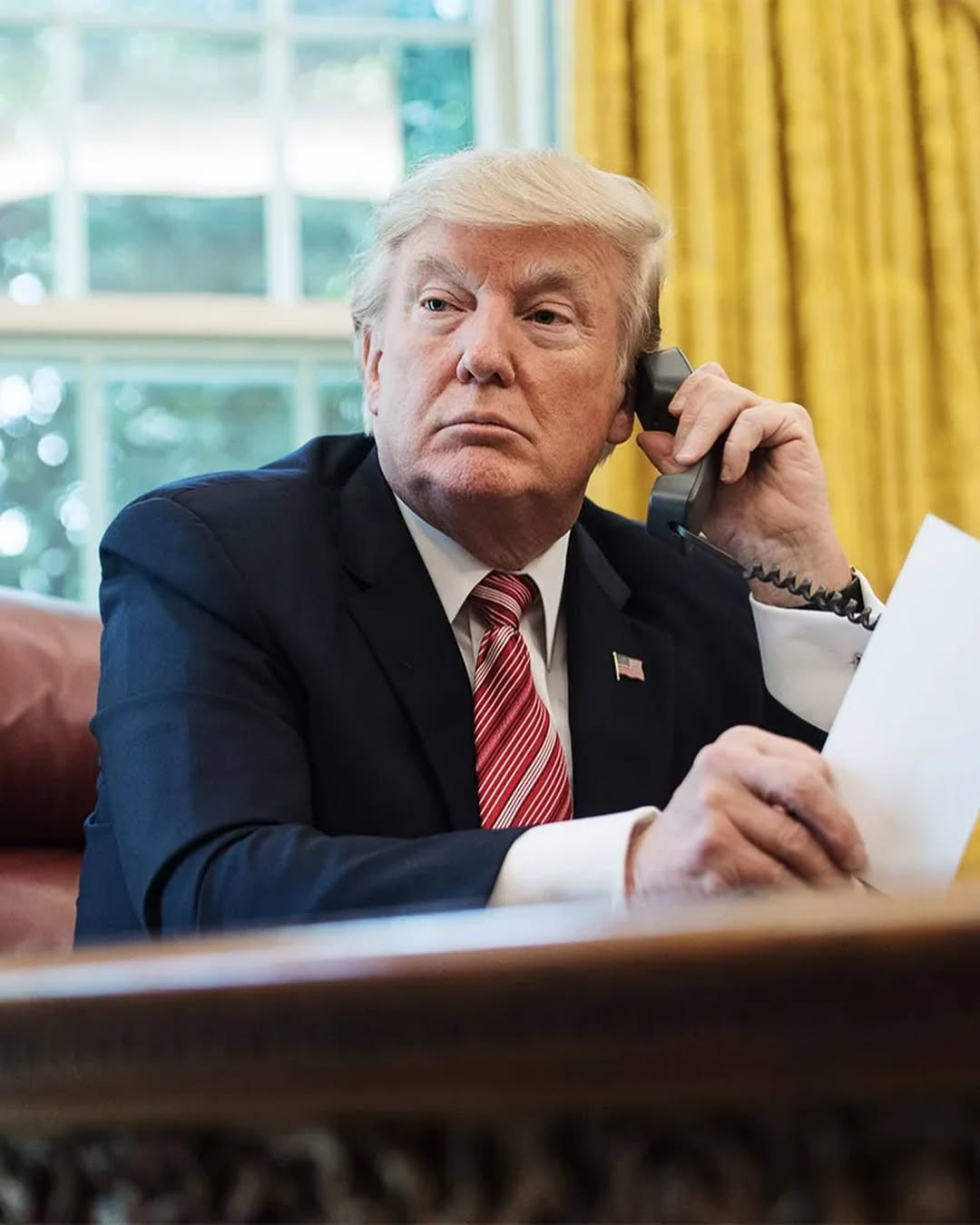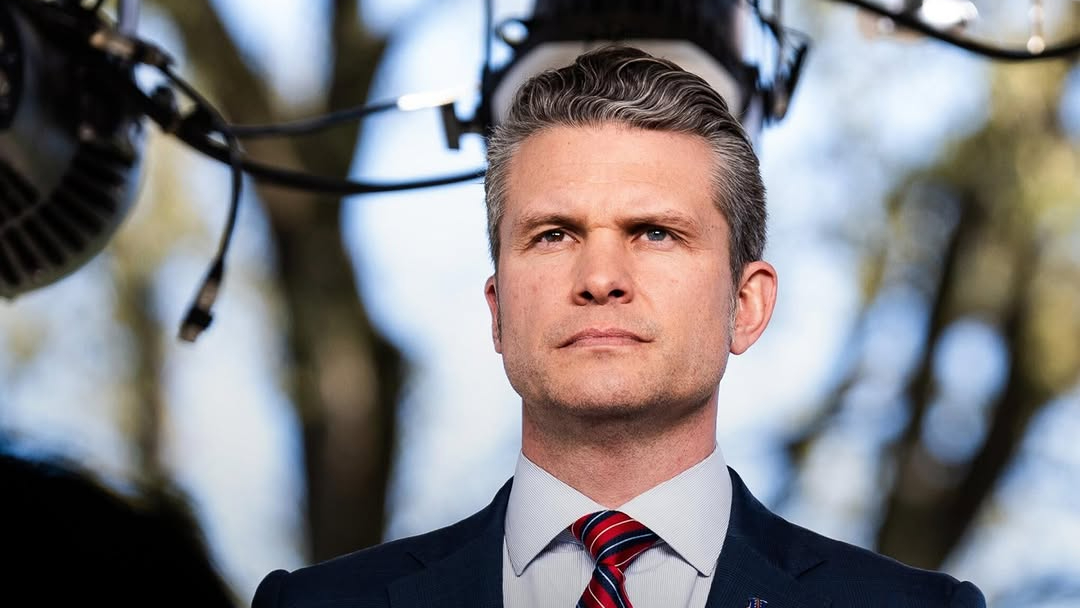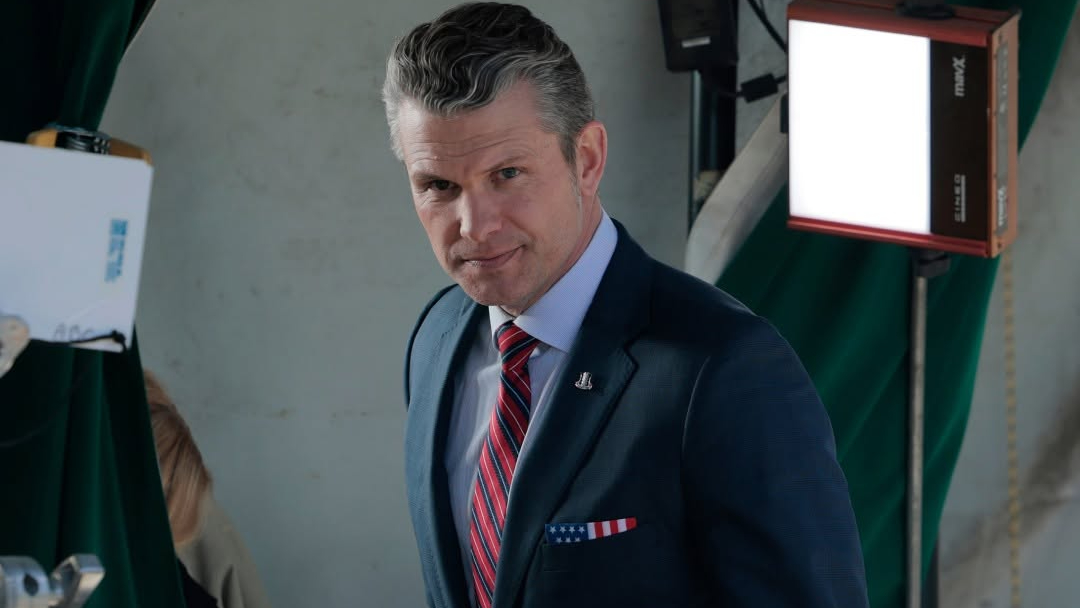Signal Chat Leak: What This Means for the Trump Officials Involved
In a stunning turn of events, the inadvertent addition of Jeffrey Goldberg, editor-in-chief of The Atlantic, to a Signal chat group containing high-ranking U.S. officials has ignited concerns about national security and legal ramifications. The group chat, which included key figures like National Security Adviser Mike Waltz, Defense Secretary Pete Hegseth, Secretary of State Marco Rubio, and Vice President JD Vance, discussed sensitive military operations, specifically airstrikes in Yemen targeting Houthi rebels.
While President Donald Trump downplayed the issue, dismissing it as “not a serious glitch,” the revelation has raised alarms within legal circles and among lawmakers. Despite the White House's claims that no classified information was shared, the incident has triggered questions regarding the security of U.S. government communications and the accountability of those involved in sharing potentially sensitive data.

The Leak and the Risks for Government Officials
The Signal leak comes at a time when military operations and classified intelligence are highly sensitive topics. Even if the information shared didn’t meet the technical definition of “classified,” the specifics of the conversation—such as details of the airstrikes, target locations, and real-time intelligence—could still qualify as national defense information, raising concerns about operational security (OPSEC).
Related: Signal's Shocking Security Breach: When Top-Secret Meets Top-Tap
Legal Risks: Violations of National Security Laws
One of the primary legal concerns surrounding the Signal chat leak is the potential violation of national security laws. While the White House and some officials have insisted the chat messages did not include classified material, experts are pointing to possible breaches of laws such as the Espionage Act, which prohibits the unauthorized disclosure of national defense information.
Even if the information wasn’t officially classified, its disclosure could still undermine operational security or expose the U.S. government’s assets and capabilities, which could be deemed a violation of the Federal Records Act or the Presidential Records Act. These laws dictate how official government records, including communications, are managed and preserved, and mishandling such records could lead to legal action.

Tulsi Gabbard’s Comments: Adding Fuel to the Fire
At a Senate hearing into the leak, former Congresswoman Tulsi Gabbard echoed concerns about the government’s mishandling of classified or sensitive information. Gabbard’s testimony highlighted that despite the White House’s reassurances, the leak could have far-reaching legal implications for the officials involved—especially if it’s found that they violated protocols related to classified information or record-keeping.
For legal experts, the core issue lies not only in the potential security breach but in the lack of accountability for senior government officials. In previous administrations, similar incidents would have led to immediate investigations and possible disciplinary action, but in the current political climate, the legal consequences remain unclear.

Tulsi Gabbard
The Role of Signal in Government Communication
The Signal app, known for its end-to-end encryption, was created to provide secure communication between individuals. However, it’s not necessarily designed to handle the sensitive nature of high-level national security discussions. The use of Signal by government officials, while a step toward safeguarding privacy, also raises critical questions about its suitability for official state matters.
Though Signal provides robust security features, including self-destructing messages and minimal metadata collection, the app’s reliance on user discretion to avoid adding unauthorized individuals is a significant vulnerability in a government setting. This incident serves as a wake-up call to the potential risks associated with using consumer-level communication platforms for discussions involving military operations or other sensitive national security matters.
What’s Next for the Officials Involved?
While Jeffrey Goldberg may have been inadvertently added to the group chat, the consequences for the officials involved could be severe, especially if further legal investigations find evidence of negligence or a breach of national security regulations.
It’s unlikely that the Trump administration will face immediate criminal charges, as the Department of Justice would need to prove the disclosure was intentional and compromised national security. However, the potential for an investigation into how the leak happened and the handling of classified material remains very much on the table.
In the wake of this scandal, these senior officials—who included individuals responsible for overseeing U.S. defense strategy—could face increased scrutiny from both legal and governmental watchdogs. The bipartisan calls for accountability will likely intensify, demanding clear answers about the potential compromise of national security and the lack of oversight in the communication channels used.

Jeffrey Goldberg
The Takeaway: Security and Accountability at a Crossroads
The Signal chat leak exposes a concerning pattern of recklessness and lack of accountability in handling national security matters. Despite the White House’s attempt to downplay the incident, the implications for the Trump officials involved could be severe—especially if future investigations uncover breaches of national security laws or expose systemic failures in government communication security.
The leak is a stark reminder that even the most secure platforms can’t guarantee absolute protection if proper operational security isn’t maintained, and it calls for greater vigilance in safeguarding sensitive information—both in digital communications and in government transparency. The legal fallout from this incident will likely unfold in the coming months, with significant consequences for those who may have been involved.









